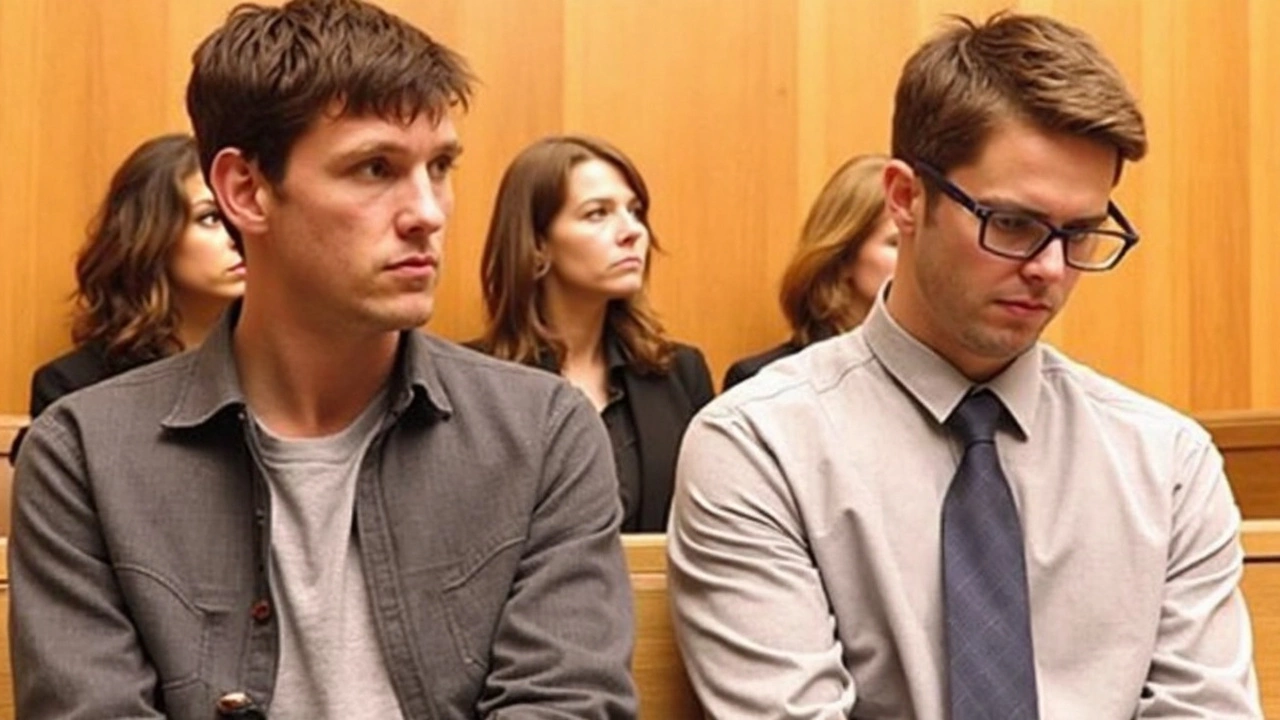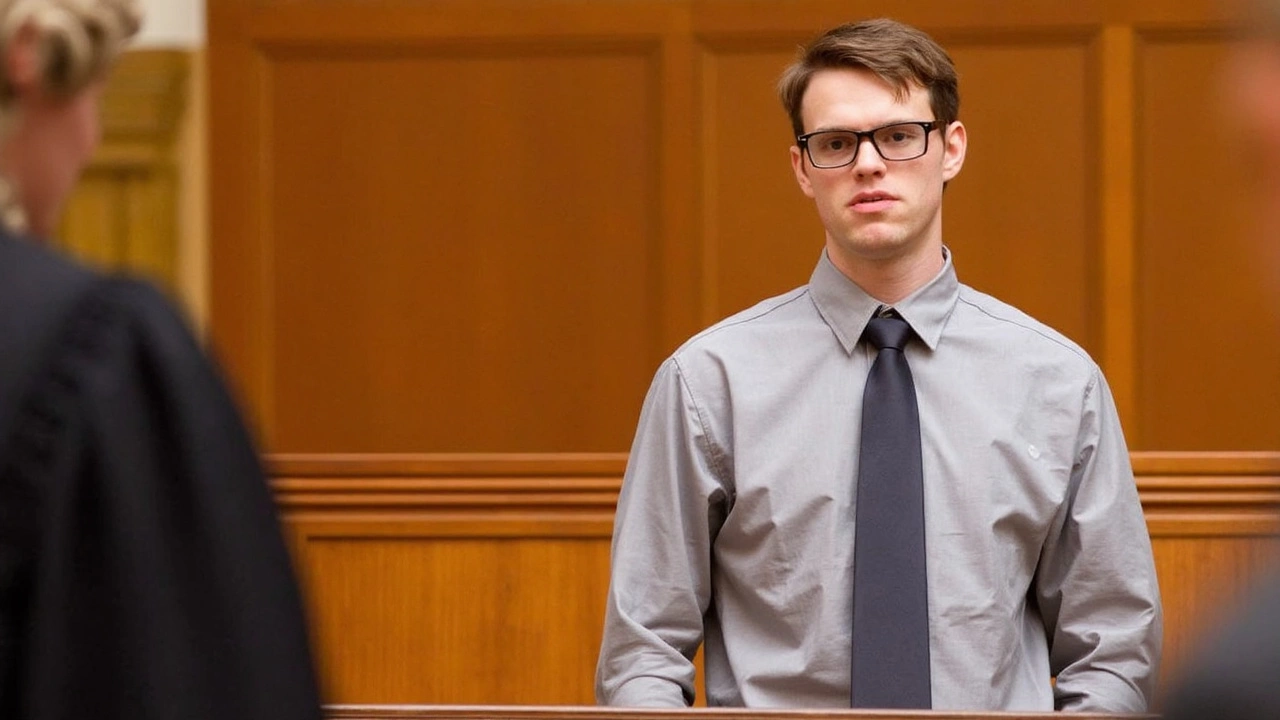The Complex Finale of BBC’s ‘Unforgivable’
Plenty of shows wrap up with clear heroes and villains, but the BBC’s drama Unforgivable refuses to give viewers that comfort. The story zeroes in on Joe, recently released from prison for abusing his nephew. He’s served half his eight-year sentence, and he’s surrounded by people who see him as beyond repair. Any shot at starting over comes with the heavy shadow of his crime.
Joe’s journey after prison isn’t about redemption in the typical sense. He lands in St. Maura’s Institution—a shabby, underfunded rehab center run by Katherine, a former nun. This isn’t some clean-slate program. Instead, it’s a fraught space where Joe is forced to stare down the reality of what he’s done. He goes through therapy sessions that dig deep, not just into his actions, but the layered pain and trauma in his own background. There’s an undercurrent here: what makes someone commit the unthinkable, and can they ever truly own it?

The Courtroom Drama and Systemic Injustice
The plot thickens when the show introduces Paul, another abuser facing trial. But while Joe faces non-stop punishment—both internal and social—Paul’s story is all about gaming the system. He stands in court, spins a story of being a misunderstood family man, and somehow grabs the jury’s sympathy. Despite damning signs, he gets off scot-free. If that sounds close to real news headlines, it’s because that’s exactly the uncomfortable mirror Unforgivable wants to hold up.
Paul’s acquittal isn’t just bitter for the survivors in the story. It throws a spotlight on how easily abusers can dodge responsibility when institutions fail. Survivors and their families, like Joe’s sister Anna and her son Tom, are left holding the pieces—hurting, questioning, and often cast aside by those very institutions meant to protect them. Anna spends so much of the series looking for answers, but there’s rarely anyone willing or able to give them. Support is paper-thin, and the question of who really gets justice hangs in the air.
The final scenes are hard to forget. Joe’s father, Brian, finally gives him a hug. It’s not some TV-movie moment of forgiveness, but something rawer—a father facing both Joe’s crime and his own failure to keep his son safe growing up. For Anna, caring for her boys means juggling her grief with guilt, forced by circumstances to make sense of a system that hasn’t really changed anything for her family.
BBC Unforgivable doesn’t sign off with closure. Instead, it leaves you with all the rough edges: a cycle of abuse that’s hard to break, families that keep loving (or at least surviving), and a justice system that sometimes seems designed to let the worst people slip through the cracks. It dares viewers to sit with that discomfort, and that’s exactly why it sticks with you long after the credits roll.
